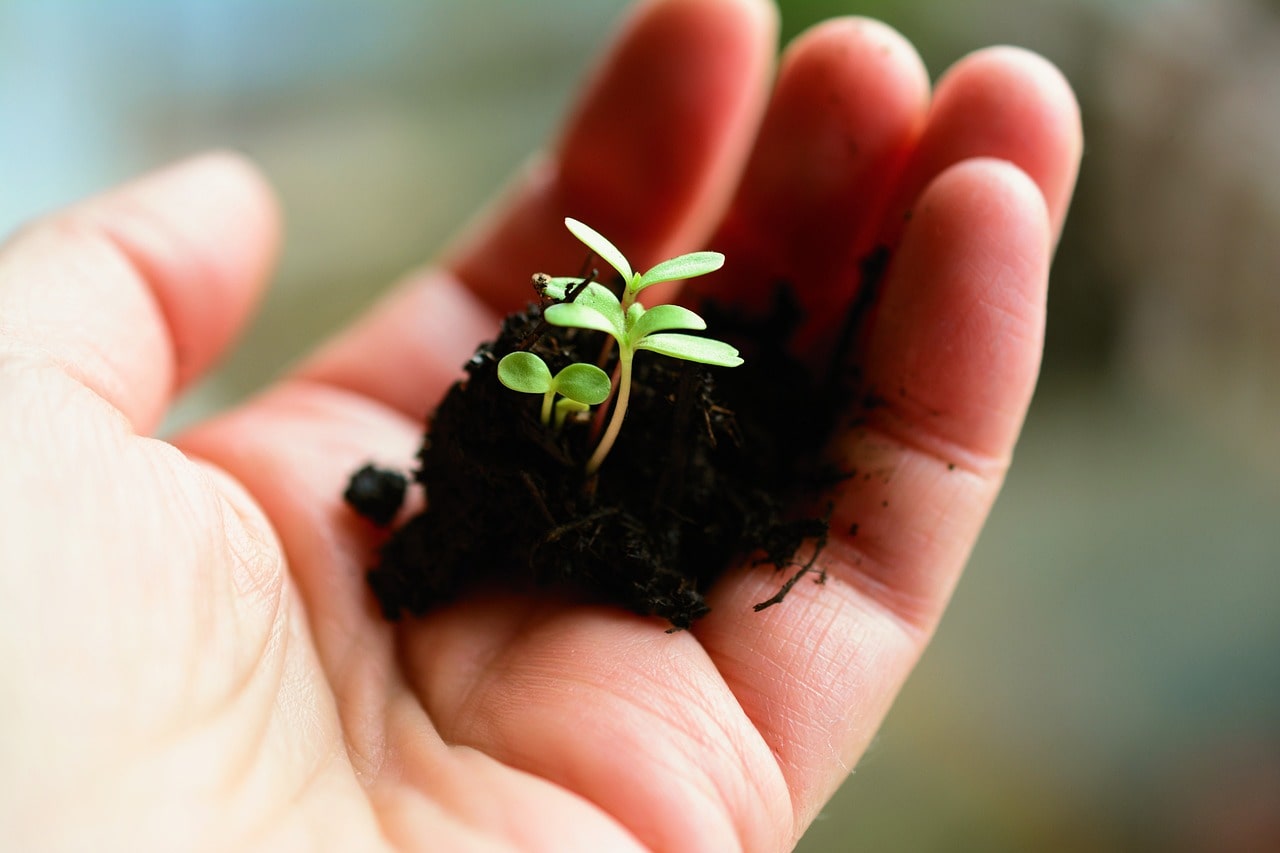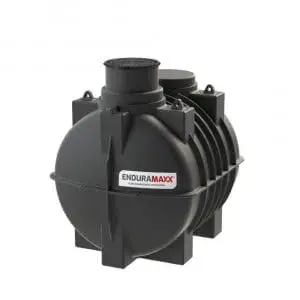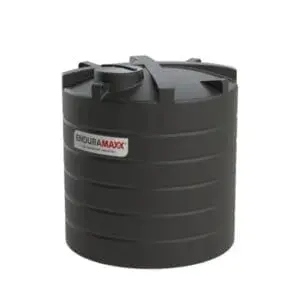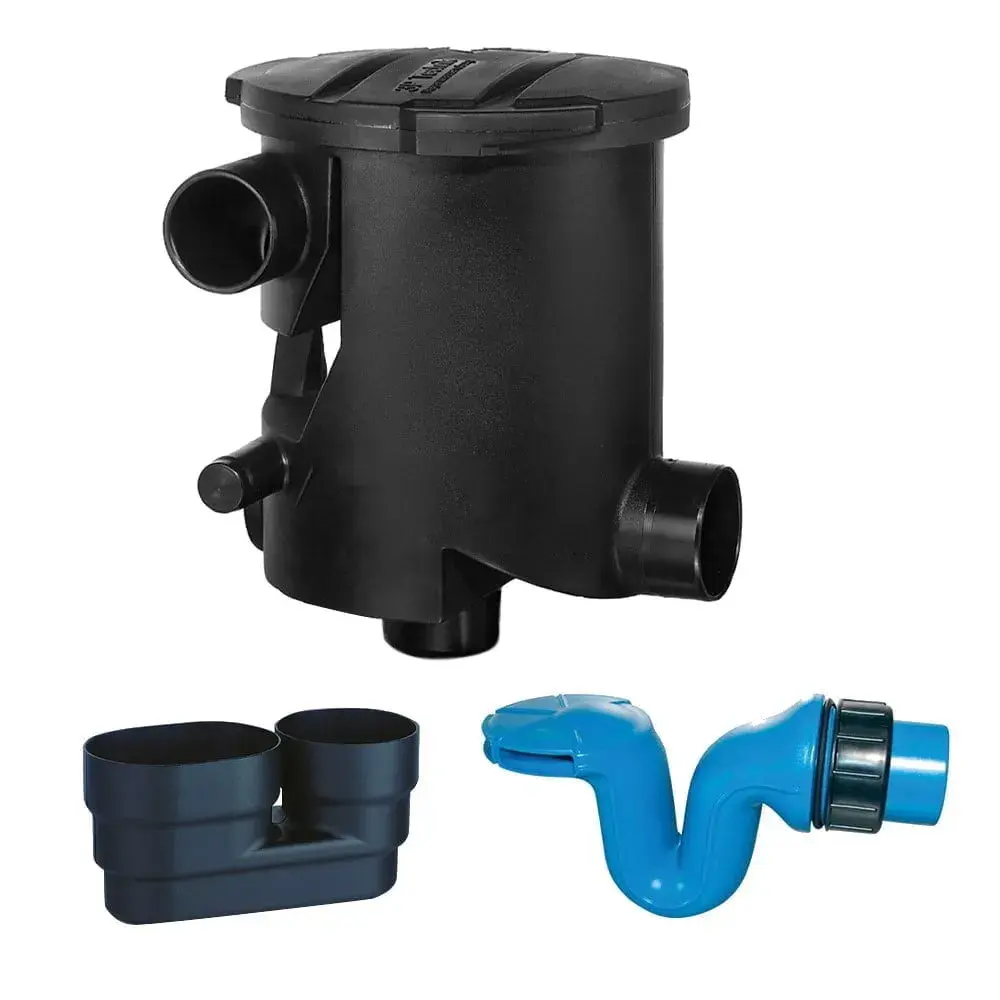
Despite 70 per cent of the Earth’s surface being covered with water, surprisingly only a tiny fraction – 3 per cent – is fresh. The rest is simply too salty for most applications, such as drinking, cooking, or watering crops, although saline water can be efficiently used in some industrial processes.
Water is a finite resource, continuously being cycled through the sea, air, and land to be used or consumed downstream. And, if it isn’t used, it’s simply returned to its origin, to be evaporated and condensed in the never-ending water cycle.
In this article, we’ll explore the changing face of farming to meet sustainable pledges and why water retention in soil is a critical element of regenerative agriculture.
Meeting The Demand For Sustainable Farming
Sustainability is currently a buzz word in agriculture – the world’s largest industry, which produces more than £1.3tn worth of food annually. The agricultural industry has, for some years, acknowledged that specific farming practices may have an adverse impact on the environment. For this reason, for more than two decades agricultural practices have evolved to improve sustainable management that protects and rejuvenates important habitats and waterways and enhances the quality of soil and water.
The Importance Of Soil Improvement In Water Retention Through Regenerative Farming
Soil improvement through regenerative practices, such as cover cropping, no-till farming, and mob grazing, along with promoting species diversity increases resilience and water retention in the soil. These regenerative methods aim to rebuild soil structure and increase organic matter. Additionally, such practices enhance soil resilience, making it more resistant to erosion and degradation, and contributing to sustainable and healthier agricultural ecosystems.
Regenerative agriculture emphasises the value of water retention in nourished soil. Enhanced soil quality allows the ground to retain water which gradually replenishes groundwater stock, in sharp contrast to surface runoff in which most water is lost. As minimal rainwater can be captured and retained for use in anything other than small-scale irrigation, other water sources may also be diverted to replenish reservoir stocks.
The Importance Of Soil Resilience
Climate change is redrawing the face of summer across the world, so resilience is crucial during droughts, during which stronger crops with deeper roots exhibit greater resistance to dry conditions. The underlying soil supports significant biodiversity, and covered soil reduces evaporation while effectively utilising rainwater and sunlight. Employing these valuable resources nourishes the soil and facilitates the growth of cover crops to enhance agricultural sustainability and the health of ecosystems.
Why Rainwater Harvesting Is A Key Element Of Regenerative Farming Around The World
High-yield food production depends on several factors, including healthy soil, ample clean water, and stable weather. While nature can do a lot of the groundwork on behalf of farmers, farmers must take steps to absorb as much water as possible into their land and to collect and store every drop through efficient rainwater harvesting.
In the UK, by harvesting rainwater, farmers will benefit from:
- Water conservation: Rainwater harvesting enables farmers to collect and store rainwater during wet weather, providing a supplemental water source during droughts and reducing reliance on traditional water supplies.
- Improved crop irrigation: Harvested rainwater is usually free from the minerals found in mains water and can be used in small scale irrigation systems – e.g. green houses
- Improved efficacy: Harvested rainwater has a neutral pH value and is more effective than mains water when used in crop protection, so less additives and active chemicals are required.
- Cost savings: By utilising rainwater, farmers can reduce their dependence on mains water, leading to cost savings on water bills and lowering overall production expenses.
- Sustainable agriculture: Rainwater harvesting is a sustainable practice as it reduces the use of mains water for spraying and other agricultural operations, cutting demand on and improving the efficient use of piped supplies.
- Enhanced resilience: During droughts, farmers with rainwater harvesting systems have a more resilient water supply, minimising the risk of crop failure and improving their ability to withstand challenging weather conditions.
Find Out More
To find out more about our durable rainwater harvesting tanks for farms, please browse our website and call us today on 01778 562810 if you have any queries.
Image source: Pixabay
Posts By Topics
- Blog (303)
- Chemical Storage Tanks (118)
- Chemical Dosing Tanks (114)
- Chemical Tanks (114)
- Water Tanks (58)
- Rainwater Harvesting Tanks (43)
- Vertical Rainwater Tanks (31)
- Vertical Storage Tanks (31)
- Cone Bottom Tanks (19)
- Conical Cone Tanks (18)
- Rainwater Harvesting (17)
- Water Bowsers (15)
- Horizontal Tanks (14)
- Potable Water Tanks (13)
- Farming (9)
- Case Studies (8)
- Industrial Storage Tanks (7)
- Liquid Fertilser Storage Tanks (6)
- WRAS Approved Potable Tanks (6)
- Wine and Beer Production (6)
- Horizontal Transport Tanks (5)
- Microbrewery (5)
- Rainwater (5)
- Category 5 Break Tanks (4)
- Cider Production (4)
- Mixer Tanks (4)
- Molasses Tanks (4)
- Polyethylene tanks (4)
- Rainwater Filter Kits (4)
- SPECIALIST & BESPOKE TANKS (4)
- Bunded Tanks (3)
- Slimline Tanks (3)
- WRAS Approved (3)
- Clarification Tanks (2)
- Crosslinked Polymer Tanks (XLPE) (2)
- Fertiliser Tanks (2)
- Sump Tanks (2)
- Tank Installation (2)
- Water Butt (2)
- underground water tanks (2)
- ACCESSORIES & FITTINGS (1)
- ATV & UTV SPRAYING UNITS (1)
- Above Ground Effluent Tanks (1)
- Bespoke Tank Frames (1)
- Category 5 Turret (1)
- Caustic Soda Tanks (1)
- Closed Top Bunded Tanks (1)
- Craft beer (1)
- Effluent Tanks (1)
- Enduramaxx (1)
- Ferric Chloride Tanks (1)
- Fire Safety Regulations (1)
- Fire Sprinkler Water Storage Tanks (1)
- Industrial Water Tank (1)
- Open Top Bunded Tanks (1)
- Open Top Cone Tanks (1)
- Open Top Vertical Tanks (1)
- Polyethylene Potable Water Tanks (1)
- Polyvinylidene Fluoride (PVDF) Tanks (1)
- Polyvinylidene Fluoride Tanks (PVDF) (1)
- Pressure Washers (1)
- Pro Series Spot Sprayers (1)
- RWH (1)
- Sodium Hydroxide Storage Tanks (1)
- Sprayer Fill-up Tanks (1)
- Uncategorised (1)
- liquid fertiliser tank (1)
Sign up to the newsletter
enduramaxx.marketing
Related Posts
Exploring The Pros And Cons Of Soft Water vs Hard Water
The terms ‘soft’ and ‘hard’ refers to the mineral content in water, specifically the concentration...
Containerised Potable & Wash Water Recycling - Enduramaxx Ltd
Enduramaxx provides packaged, containerised potable water wash water & recycling systems complete...
Bowling Green Irrigation: Design & Water Storage Requirements
Bowls green irrigation watering systems tend to come under two designs automatic and manual...
Related Products
From £1,080.00 inc. VAT
£900.00 exc. VAT
From £1,344.00 inc. VAT
£1,120.00 exc. VAT
From £768.00 inc. VAT
£640.00 exc. VAT
£480.00 inc. VAT
£400.00 exc. VAT






